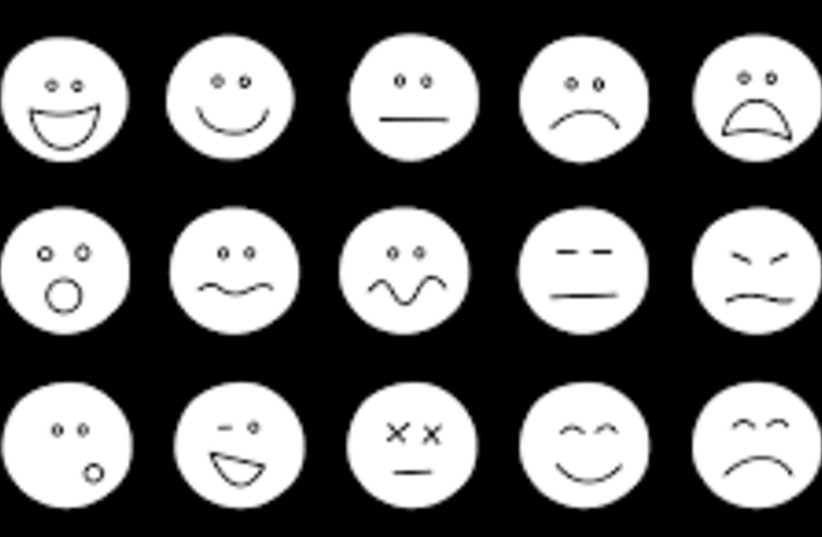While a large body of previous research has claimed that employees who express anger are thought by their bosses to be competent and hold a high status – resulting in more power and money – a new study by researchers at the Hebrew University of Jerusalem (HU) and Princeton University in New Jersey debunks this consensus.
In an era characterized by upheavals in the labor market and abuses uncovered at multiple workplaces, questions about the costs and benefits of expressing anger at work or about the workplace have surged. Psychologists and other social scientists have long been interested in questions about anger at work.
The team members who have just published their meta-analysis in the journal Frontiers in Social Psychology under the title “Anger at Work” conducted four robust studies, manipulating variables such as gender, target of emotional expression, and context.
The findings indicate that people do not reward the expression of anger with more status. Instead, employers and colleagues regard it as inappropriate, cold, an overreaction, and counter-instrumental for workplace goals.
The study also challenges the notion that women’s anger is perceived differently than men’s anger in the workplace. Overall, the research presents a very different perspective to the prevailing view of anger as a positive and instrumental emotion in the context of the workplace.

The researchers revisited these claims in US experiments using methods similar to those used in previous work. In four preregistered studies in which nearly 4,000 people were examined, they revisited the paradigms that tested whether expressing anger could help a worker gain status in the workplace.
Specifically, they asked: Do workers gain status when they express anger? Is anger perceived to be a signal of competence? At the most basic level, do others accept anger in the workplace?
The study found that anger doesn't usually lead to receiving a higher status in the workplace
“We found that anger isn’t a catalyst for higher status in the workplace,” stated Dr. Roni Porat, a senior lecturer at HU’s political science and international relations departments who conducted the study along with Elizabeth Levy Paluck of Princeton. “Moreover, we found that anger is regarded more poorly than other emotional expressions like sadness. The only instance in which anger is considered positive is when expressed in response to another person’s clear wrongdoing. These findings hold for both men and women expressing anger in the workplace.”
They measured status conferral similarly by asking participants to indicate how much status, power, independence, and respect the worker expressing the emotion deserved in the organization, as well as by asking participants to say what yearly salary they would pay the worker expressing the emotion.
“To test the boundaries of our findings, we experimentally varied the gender of the worker expressing the emotion, the target of the emotional expression (another person or the circumstances), and the context in which the emotion was expressed (a job interview, a normal workday). We experimentally varied the workers’ gender to understand whether our findings held for both men and women. This is important given some work demonstrating that women are penalized for expressing anger while men are rewarded.”
Despite influential studies in this field, they didn’t find that women’s anger is regarded differently than that of men,” Porat continued. “At first glance, it seemed that these findings contradict a large body of previous work on gender and anger at work. Two possible explanations are that gendered norms of anger expression have changed over time since previous studies were conducted or that we used different samples compared to previous studies. These two explanations seem unlikely."
Notwithstanding these limitations, the clear and consistent findings represent a strong countervailing perspective to current views of anger as a positive instrumental emotion, the authors wrote. “These studies highlight one context where anger may not serve or promote an individual’s status, regardless of whether they are a man or a woman. While most of the recent accounts of anger in scholarly journals as well as in the public discourse tend to highlight the positive consequences of expressing anger, this study suggests that in the context of the workplace, anger may not lend the same positive outcomes.”
